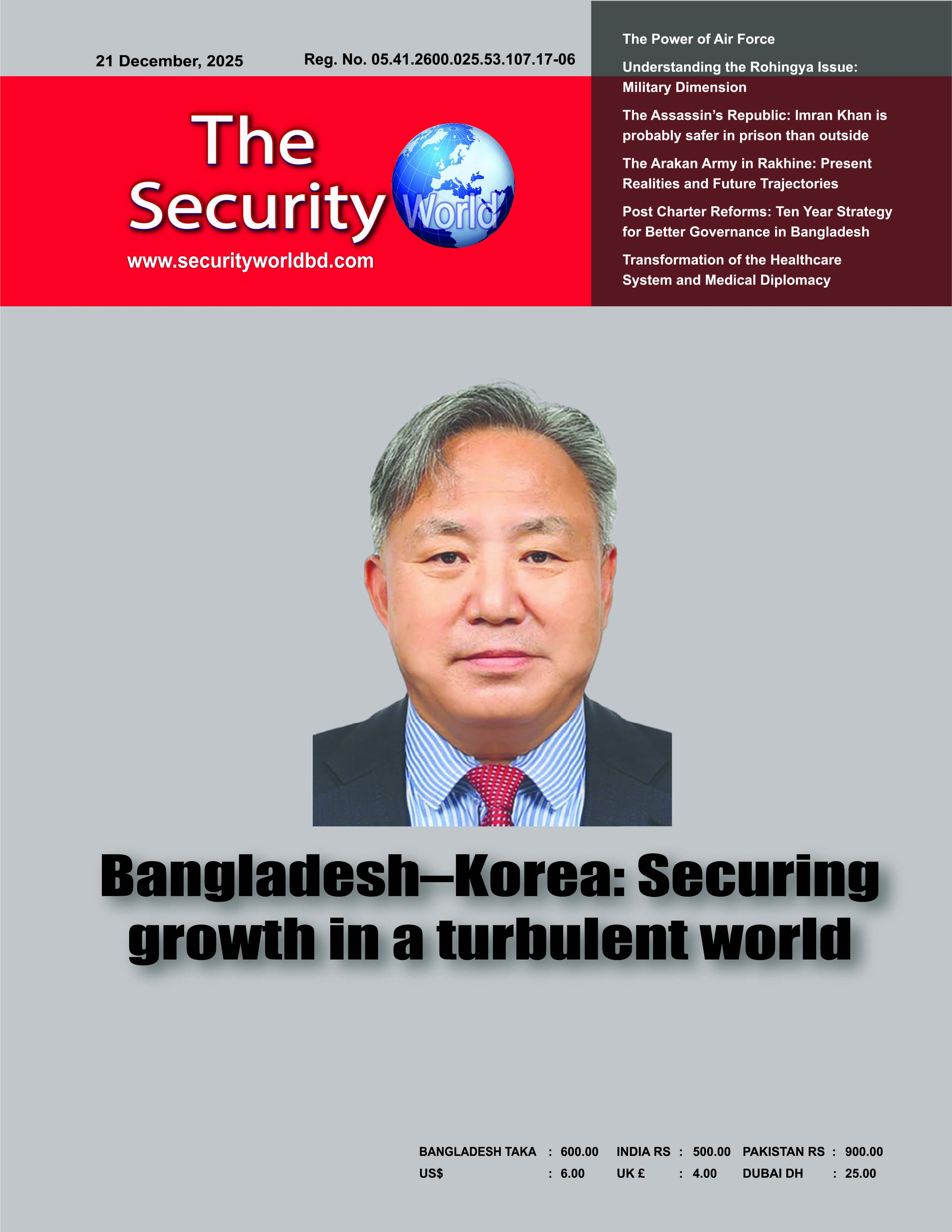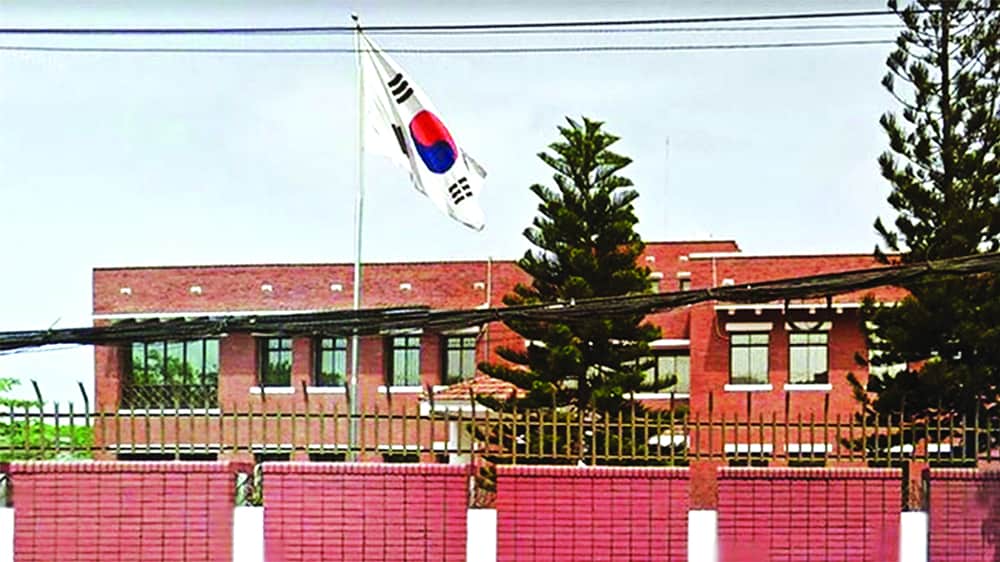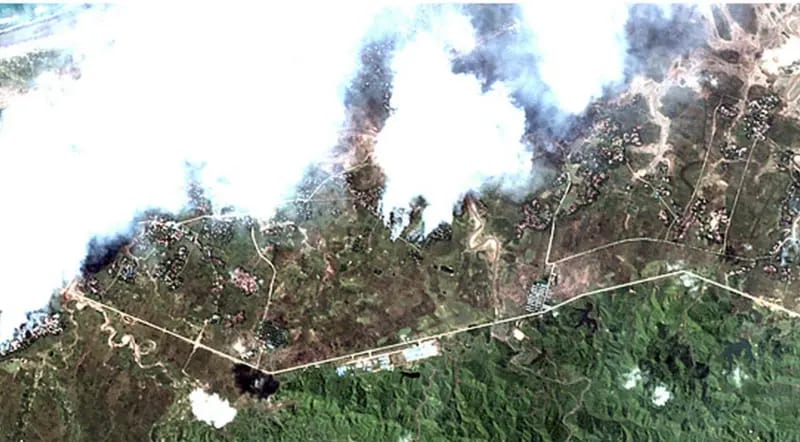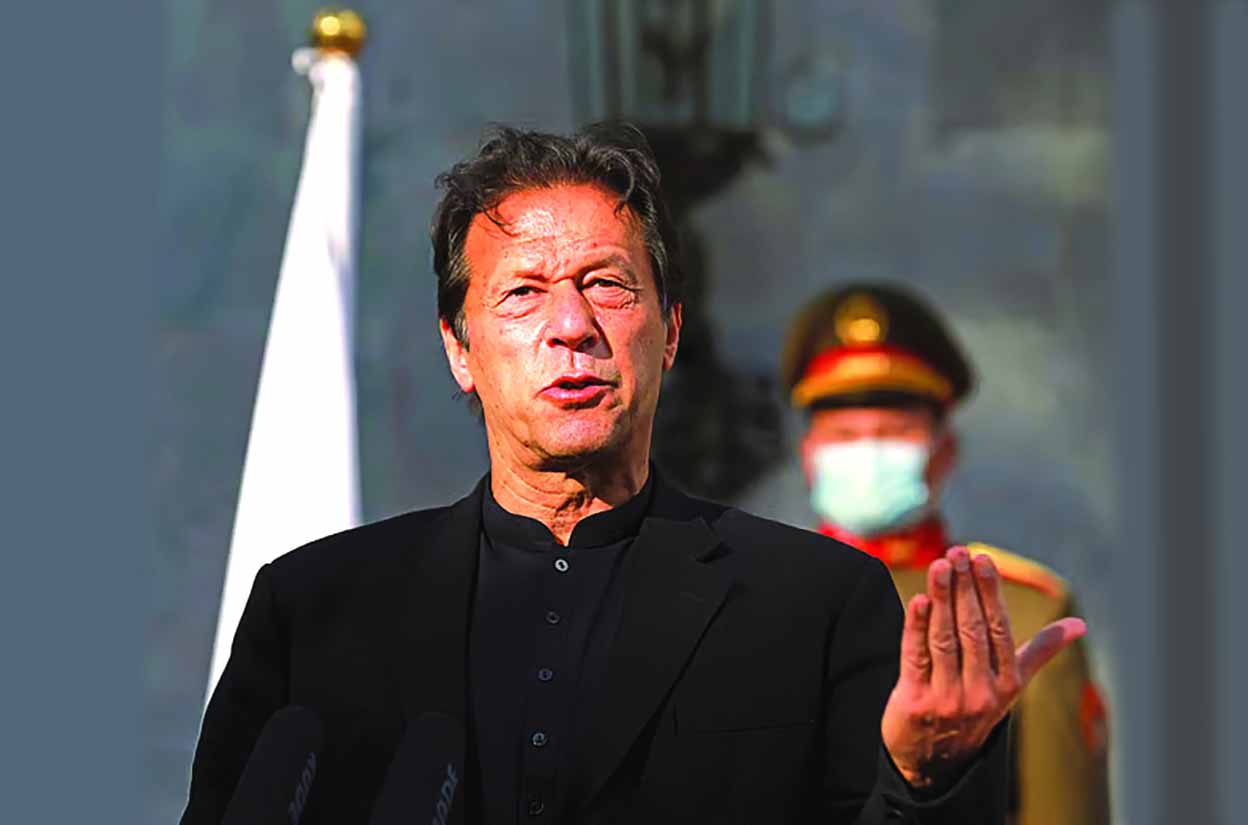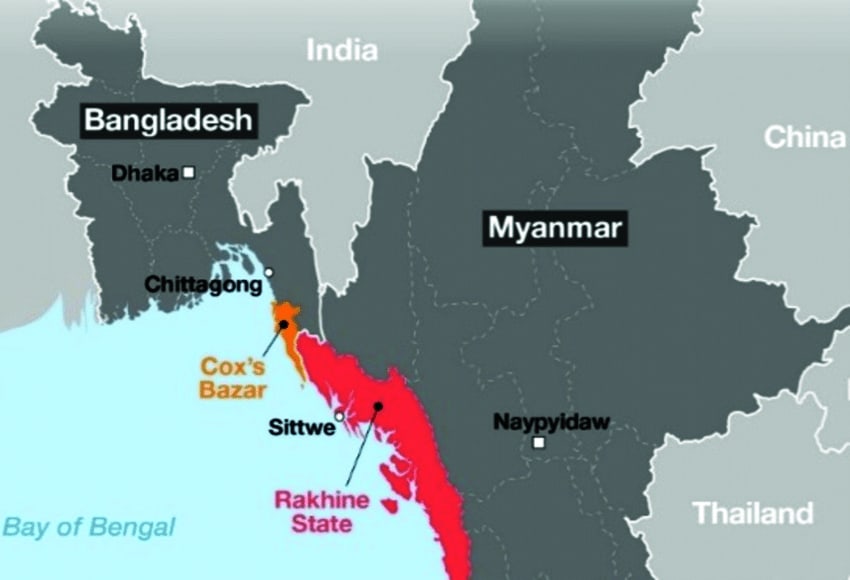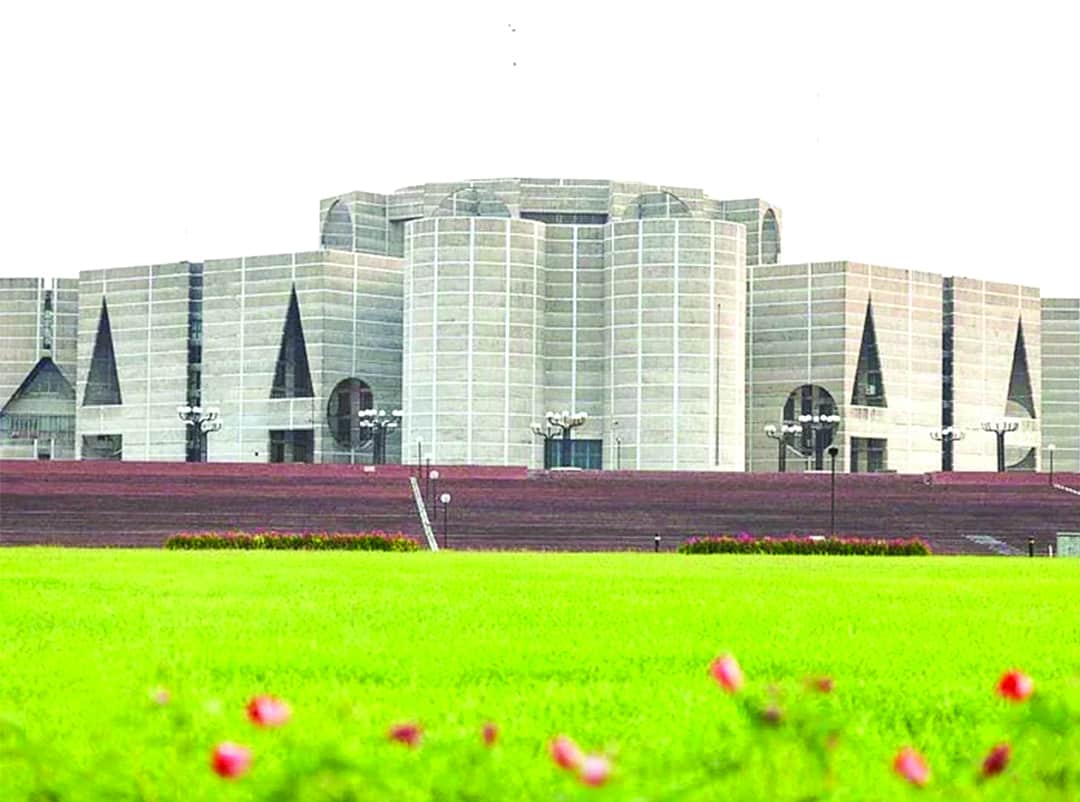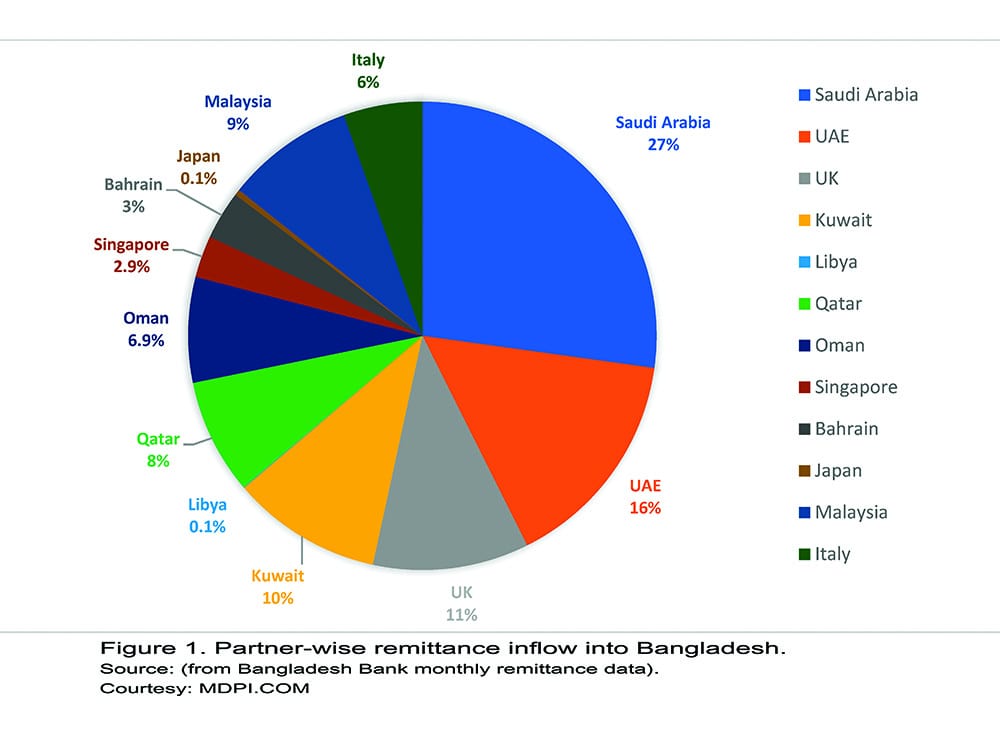In a turbulent world, China’s Peace Legacy

Robiee Hashem
Researcher and Journalist.
Respecting the past, advancing the future In light of the 80th anniversary of the Chinese People’s War of Resistance against Japanese Aggression and the larger struggle against fascism during World War II, it is critical to comprehend how China’s current position on war and peace is influenced by this momentous achievement. Even if the wounds from the past are still very much present, China’s strategy after World War II has been based on a strong dedication to international cooperation, peace, and stability.
The historic win and Its persistent importance China’s triumph over Japanese militarism was a significant event for the globe as a whole, not just for China. After 14 years of unrelenting conflict and more than 35 million deaths, the Chinese people showed tenacity and solidarity, which greatly aided in the fall of fascist governments around the world. The significance of fairness, teamwork, and international solidarity—values that still shape China’s foreign policy today—were highlighted by this victory.
China’s Post-War Transition: From War to Peace China’s path since the end of World War II has been very different from that of many other countries that have fought wars or expanded their militaries. China has prioritised development, peacebuilding, and reconstruction over attempting to fight external conflicts. It has mediated conflicts in the region and continuously advocated for communication and understanding rather than conflict. It is noteworthy that China has refrained from engaging in direct military confrontations with other countries since the war. Rather, it has aided global efforts to resolve conflicts and promote peace. For example, China frequently emphasises communication and understanding while resolving regional conflicts in Asia, Africa, and the Middle East. New developments in international peace efforts China’s recent and significant support for diplomatic initiatives in the Middle East is an illustration of its dedication to peace. This strategy is demonstrated by the most recent Saudi-Iranian peace agreement, which was mediated with China’s help.
Normalising ties between these two regional giants highlights China’s role as a peace broker rather than a military foe and is an important step towards regional stability. This agreement is representative of China’s larger approach, which aims to create a stable and peaceful international environment by utilising multilateral involvement, economic incentives, and diplomacy. As a result of its long-standing fight against militarism and fascism, China believes that disputes may be settled amicably via communication, respect, and collaboration.
The history of opposition and the way ahead China remembers the sacrifices it made throughout the war as a reminder of the price of conflict and the need of maintaining peace. The country’s history of resistance serves as both a basis for its current anti-war position and a monument to its tenacity. China promotes a world with multilateralism and respect for sovereignty, where conflicts are resolved amicably. The resilience and the worldwide yearning for peace are encapsulated in the symbolism incorporated into contemporary commemorations, such as the Great Wall and olive branches. As it gets ready to commemorate the 80th anniversary of Taiwan’s liberation from Japanese rule, China reiterates its opposition to outside intervention and “Taiwan independence,” placing a strong emphasis on peaceful reunification.
An International appeal for peace in uncertain times In the current international environment, which is characterised by economic uncertainty and geopolitical tensions, China’s diplomatic efforts and historical legacy are crucial reminders. China’s attempts to advance peace and stability now are guided by the lessons learnt from the past about blood sacrifice and group resilience. China’s strategy shows that real power comes from building confidence, encouraging communication, and cooperating to resolve disputes rather than just using force. The recent peace agreement between Iran and Saudi Arabia is a perfect example of how diplomacy, backed by respect and understanding for one another, can produce real peace benefits even in the most difficult areas.
In conclusion, as the world celebrates the triumph of Japanese militarism and fascism, China’s steadfast dedication to peace continues to be a tribute to its moral responsibility and historical tenacity. China hopes that the lessons learnt from the past will guide a future based on communication, collaboration, and mutual prosperity—a future in which disputes are settled amicably and the wounds of conflict are replaced with the prospect of peace.




